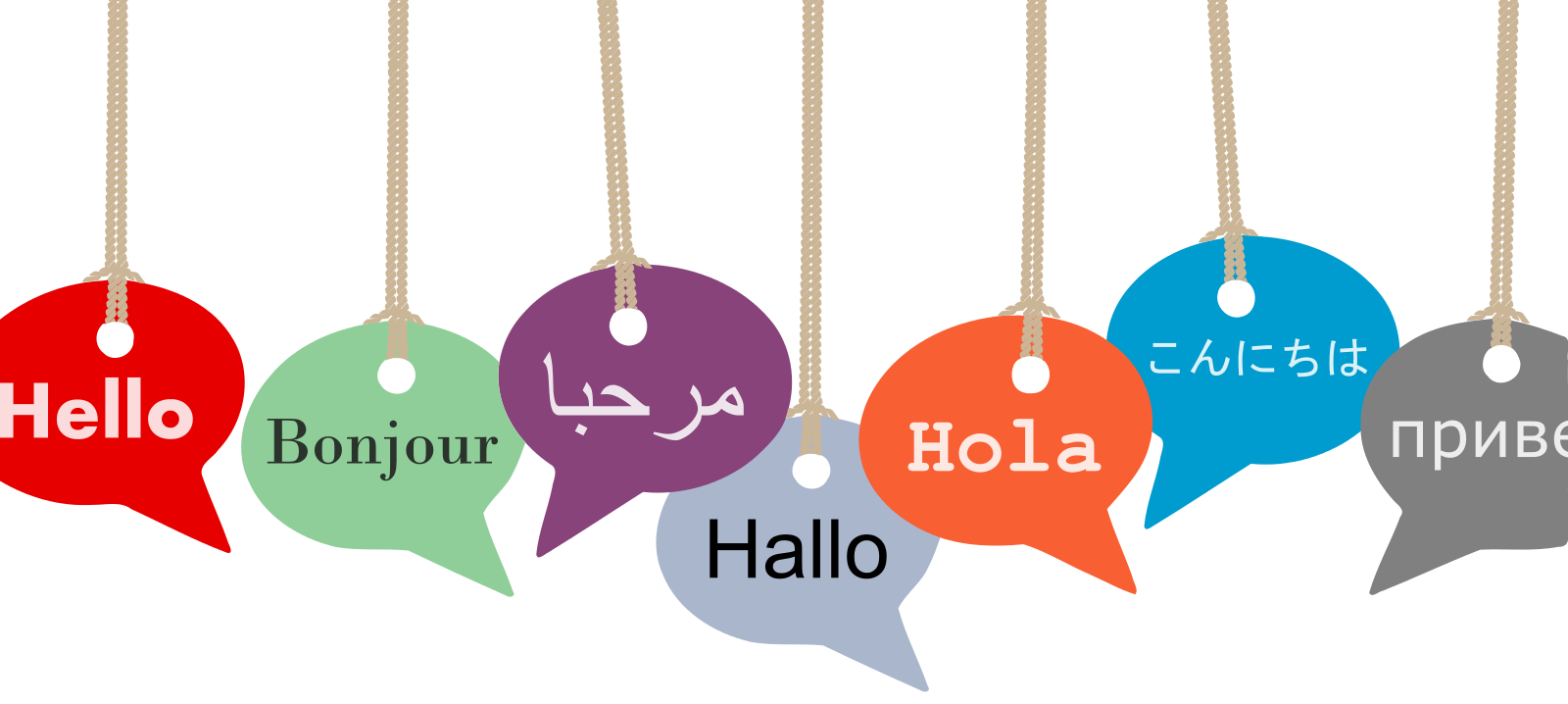Globalization and digitization have caused that boundaries are blurring more and more and that a world-wide collaboration is possible without greater restrictions. International project teams work together via social collaboration tools e.g. on joint projects, develop ideas together and exchange information about the project’s current status. This happens independently from time or location. Sounds great, one could guess, and at least the surrounding conditions actually are just like that.
Prejudices and blunders lurk everywhere
Either self-experienced or by hearsay – maybe you also know stories of the business card which have been handed over or accepted incorrectly in Japan. Of the Indian’s tardiness and unreliability. Of the direct question regarding your balance by the new Chinese colleague. Or of the French who refuse to stick to agendas. And of the resulting conflicts in day-to-day business.
I speak English – that is enough for an international collaboration. Is it not?
A common language, mainly English, is, of course, an essential precondition for a collaboration across borders. But a team, particularly an international one, consists of many individuals who have their own moral concepts, behaviors, expectations and attitudes – not only on a personal but also on a cultural level. Understanding and considering these aspects offers the opportunity to avoid misunderstandings in communication as well as conflicts in cooperation as possible in advance. But a precondition for this is to deal with one’s own culture to be able to identify the differences at all. Once you are aware of the differences, e.g. that the delivery date “soon“ can mean “the following day“ or “anytime except today“, concrete arrangements can be made for the joint work on this basis.
Always in focus: the human
As fme Communication Services team we support our clients – in national as well as in international projects – in keeping an eye on the human and its needs. And by doing so, creating a solid basis for a successful implementation of the project.
Thereby we also stick to Christian Morgenstern:
“Getting to know each other, means learning
how strange one is to one another.“
 fme US
fme US fme SRL
fme SRL




0 Comments